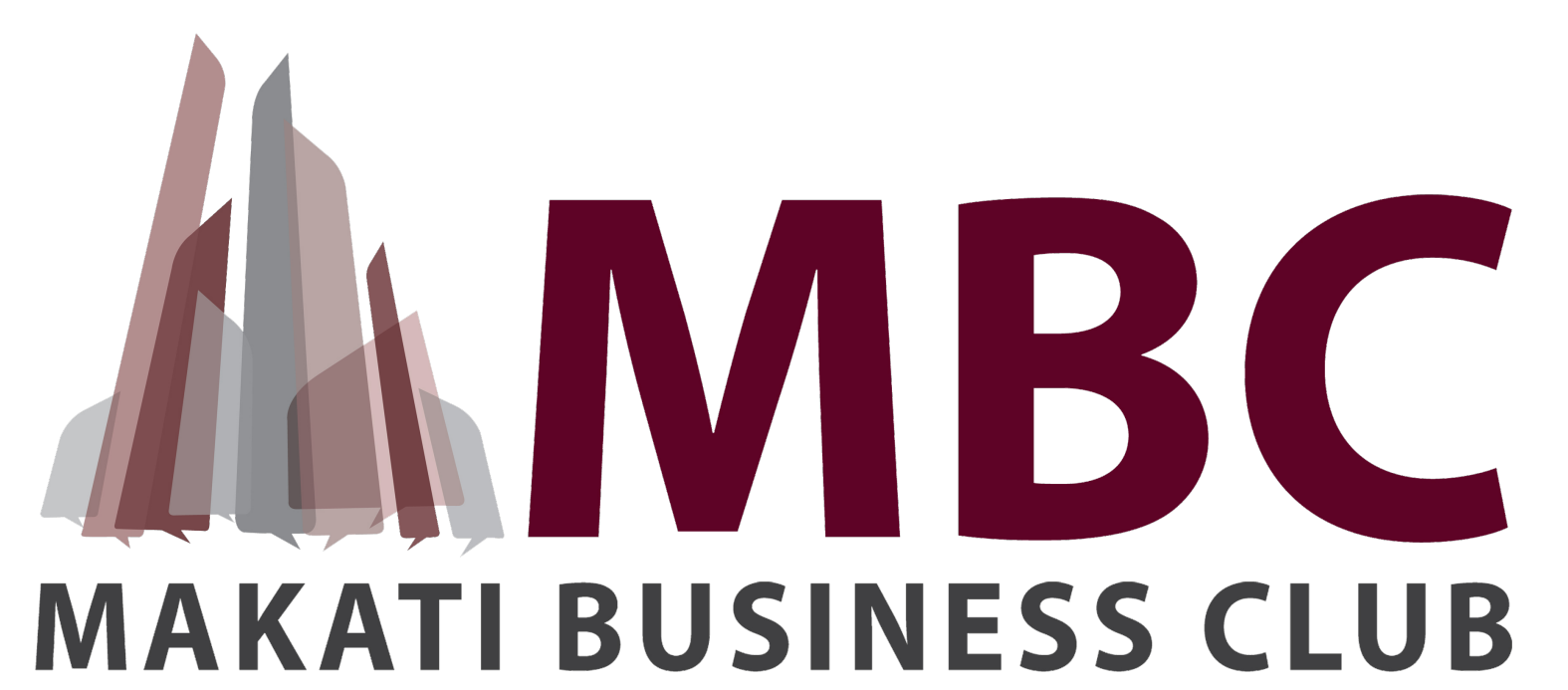By: Ma. Aurora “Boots” D. Geotina-Garcia
Business leaders often receive invitations to regional and international conferences. Sometimes we meet the same personalities or hear the same speakers talk about the same topics. Have you experienced “conference fatigue,” and feel that these gatherings are irrelevant and incapable of bringing about meaningful and fruitful discussions?
However, I would consider the World Economic Forum (WEF) on Asean held in Hanoi, Vietnam, last September as something different than the so-called “more of the same.” The main theme of the Forum focused on how Asean, as a regional community, can embrace the “Fourth Industrial Revolution”—a new and important area that needs to be addressed and requires regional cooperation as Asean is now moving toward becoming a key driver of the global economy and a critical player in international affairs.
WEF on Asean 2018 shed light on the rapid change and spread of digital technologies and how they affect the future of work, and other social issues like gender equality and social structures. Rather than looking at these issues as obstacles, the Forum approached them as opportunities for greater collaboration and new interventions for economic growth. This is relevant especially to the business sector, as we have seen big changes in the way we conduct our business and even our lives.
Apart from the relevance and timeliness of the chosen theme, the Forum provided the opportunity to develop a wide range of networks of people literally from “all walks of life.” Though the conference was only by invitation, there were delegates from government, both heads of state and governmental units, elected officials and civil servants, CEOs, senior staff and middle managers from the private sector, attendees from civil society and academe, and, of course, leaders both young and senior, and not only from the Asean countries but from all over the world. In addition, for the first time, the Forum also sponsored the participation of 100 start-up organizations to the event, lending a fresh perspective to the discussions.
Another key feature was the variety of the formats used for the discussions. Aside from the usual plenary sessions, which addressed a large audience, and the breakout sessions that we often find in other conferences, there were “hubs” where participants could go to listen to talks on topics of interest, roundtable discussions where subject matter experts would discuss a topic with the audience as observers, and solution workshops where attendees were expected to roll up their sleeves, as it were, and provide recommendations on their assigned topics.
I also had the privilege of facilitating a solution workshop, entitled, “Breaking Barriers: Women Entrepreneurs in Asean.” The premise is that overcoming barriers to women in entrepreneurial ecosystems will require a “systemic cultural shift.” Again, with the wave of changes and new technologies, how can Asean help build and nurture the ecosystems women entrepreneurs need in order to thrive in the region?
Breaking free from the usual conference format, the participants were able to share their unique perspectives, with the hope that these can be adopted in their respective countries to ensure that women entrepreneurs will be equipped with the right resources and skills that will enable them to compete and succeed in Asean.
If you ask me if I would go to another WEF meeting, I would say yes, because of the diverse participation it attracts—public, private and development sectors, and a wide range of ages, experience and economic and social involvement among the participants. The Forum also provides vast opportunities for the sharing of best practices, collaborations and partnerships.
I encourage you to examine the opportunities the Forum has to offer, and to experience firsthand the impressive exchange of insights and ideas.
Ma. Aurora “Boots” D. Geotina-Garcia (boots.garcia@pbcwe.com) is chair of the Philippine Women’s Economic Network and cochair of the Philippine Business Coalition for Women Empowerment.
Business Matters is a project of the Makati Business Club.
Posted on 12 January 2019 under Business Matters section of The Philippine Daily Inquirer
